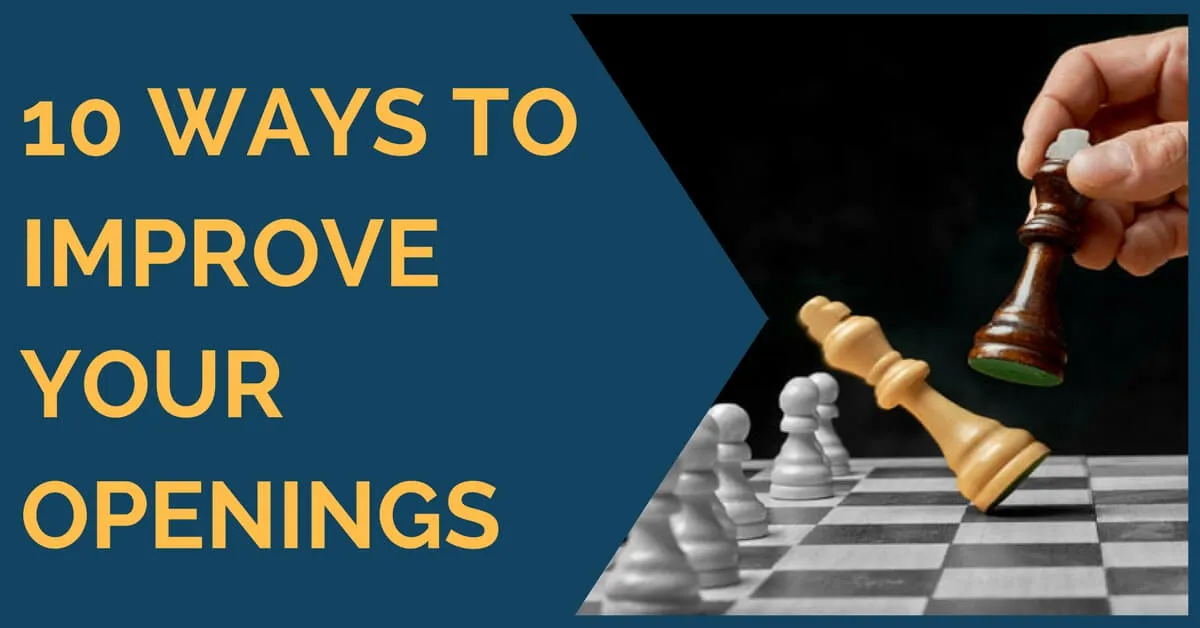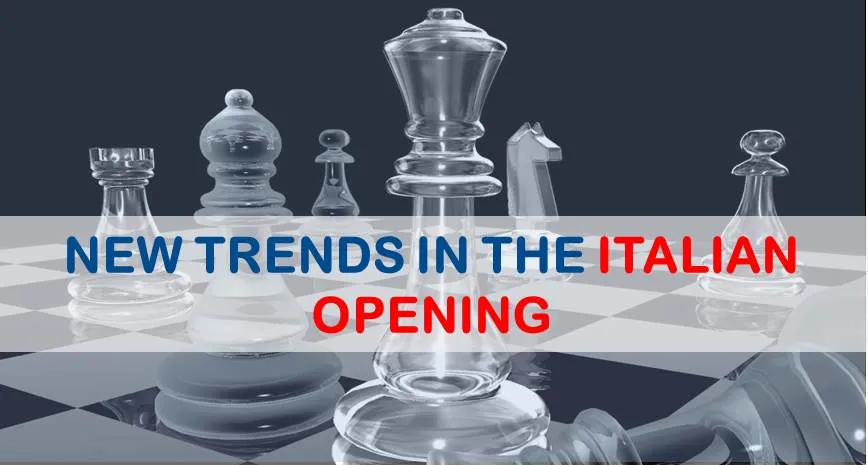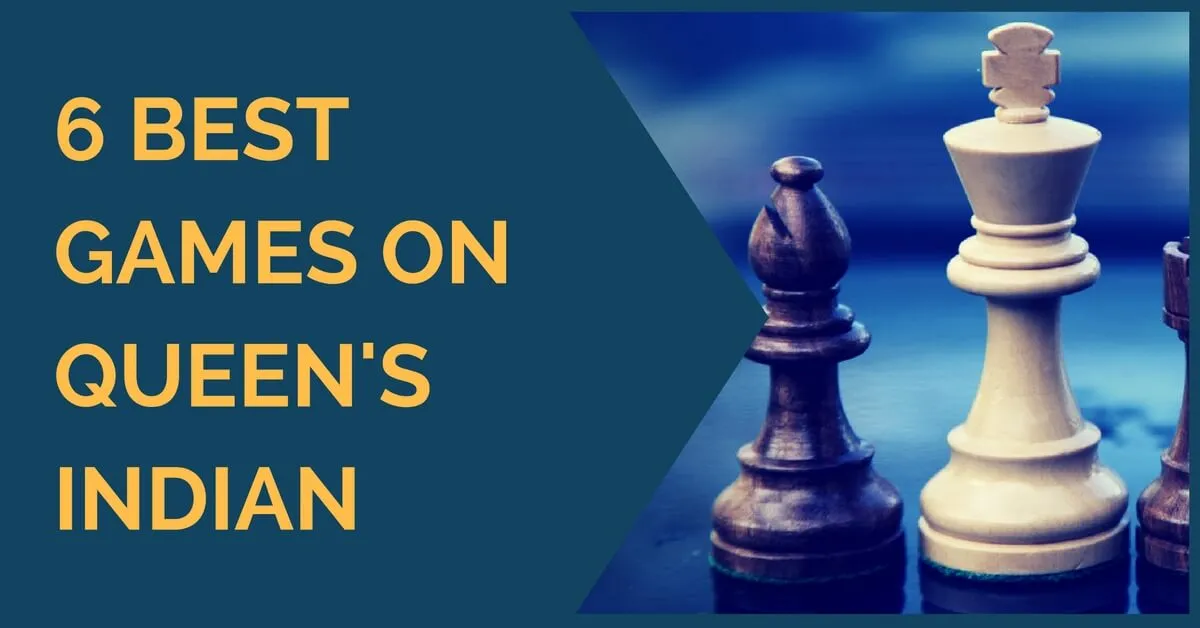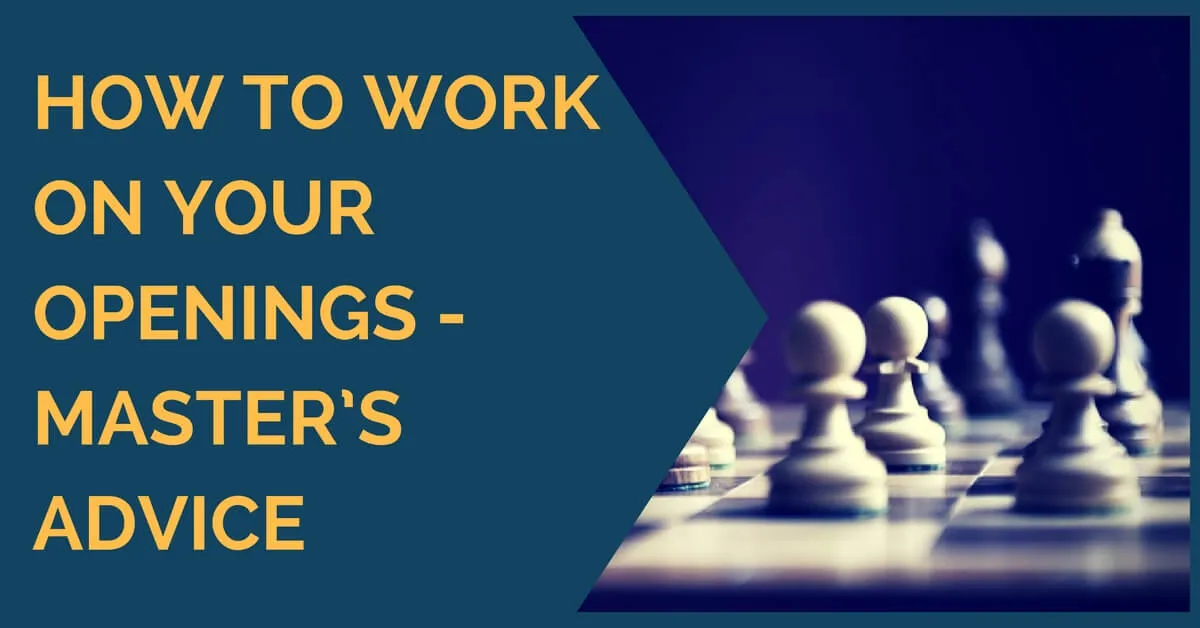10 Ways to Improve Your Openings

Improve Your Openings! Every chess player, of any level, is constantly trying to improve and show his best chess over the board. In order to successfully accomplish this, it is important to study all three phases of the game: opening, middlegame, and endgame.
Although some might prefer the study of one over the other, they are equally important and the lack of knowledge in one will surely make you suffer at some point in your chess career. In this article, we are going to talk about the first phase of the game and how you can work on it. It’s true that learning theory might get boring, but it’s imperative in order to obtain a playable middlegame and get to show your tactical and strategic skills later on in the game. Here are some tips you could include into your chess routine in order to play the opening better:
1. Improve Your Openings – Make sure that the lines you choose fit your style
Don’t start playing an opening just because it is very popular and everybody at the top level is playing it. If the positions arising are highly tactical, but you are a rather positional player, it is likely that you won’t achieve the expected results, although the line scores well overall. The most important is that the opening lines lead you to positions that you feel comfortable in and you know you play well.
2. Try to understand the moves, not just learn them by heart
It is very important to know your theory well, there is no doubt about that. However, it is easier to learn it if you understand the ideas in the position, and why you make the moves you make. It is not always possible to apply this strategy (see the “wild” variations, with computer-like moves that you have to know), but it can be useful in certain situations.
3. Improve Your Openings – Analyze the positions after the theory ends
Many players analyze their lines with the computer and, if all the moves have been approved by the engine and the final evaluation of the position is a good one, then it’s okay. They learn it and play it, without looking for the plans and ideas in the resulting middlegame.
This can lead to a big waste of time after the opening and even to the selection of the wrong plan. Make a database with the games played in the critical positions and choose some model ones that you study in-depth, annotating the plans and the possible improvements.
4. Keep your lines updated
Make a habit out of going through the latest games played in the openings that you also play. You might find new ideas or challenges.
In both cases, you should analyze them deeply and make the necessary changes in the lines. If something seems to be going wrong with it, try to find a solution or slightly change the line before a prepared opponent gets to put you in trouble!
5. Improve Your Openings – Be methodic
Keep well-structured databases of your openings. Find a method of saving the lines that best suits you. In any case, you should be able to easily read the database and choose a specific line that interests you with ease, without having to go through a huge file every time you want to prepare for the game.
Write down inside the file any plans or ideas that you have found interesting and worth remembering, as well as the model games you have already selected.
6. Memorize the theory you have gathered
Once your databases are finished, it is time for the least fun part – the actual learning of the variations. It might get boring, but it is a necessary step in order to save time during your games and gain confidence in the moves you make. You could even win a game or two with home preparation, and isn’t that a nice feeling?
7. Improve Your Openings – Play friendly games
This is the next step in order to consolidate the information and get to practice a bit the resulting middlegames. You can play blitz games. But, we find it more useful to play the games in rapid time control. In that way, you will have time to think and choose suitable plans.
8. Find a reference player
In the lines, you have chosen, search for the high-rated player who constantly employs them in his games. Study them and pay attention to the plans and ideas he employs and tries to use them in your own games. Follow his new games and try to assimilate the improvements he brings and the way he approaches the position.
9. Improve Your Openings – Follow the important tournaments
By following live games, you keep updated and learn new ideas. It is advisable, however, that you do this without the help of a computer. If you see a game that is of special interest to you because you also play that opening, try to think and find the ideas yourself as you’d do during the game. Discover the finesses of the position, as well as the dangers, and apply what you’ve learned in your next games. Also, don’t forget to add the game to your database!
10. Don’t panic
From time to time, you might forget the theory. And, no matter how hard you try to remember the move, it just won’t come to your head. It can happen to anyone, from club players to professional ones. In such cases, it is better to just relax and try to find the most logical move in the position.
If you keep trying hard to remember what’s written in the file, you might end up messing with the variations. You might as well play a completely wrong move. Besides this, you have just wasted precious time without making any progress.
We hope that you found the above ideas useful and that they will help you improve your opening. Thank you for reading and, as usual, feel free to share your thought with us!
We also recommend reviewing Chess Training According to GM Alex Colovic.










Comments: